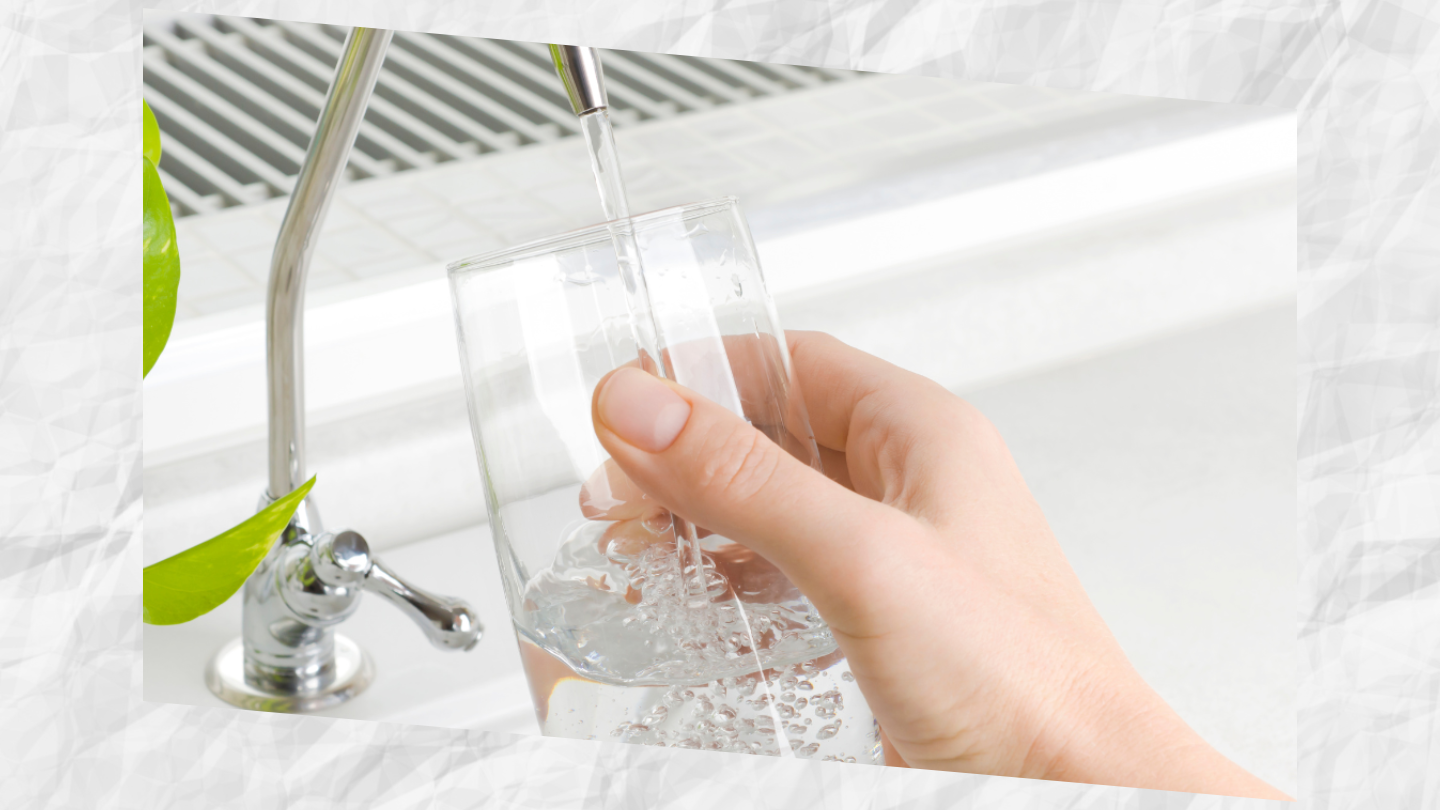
How do water filters work?
Clean, safe drinking water is a fundamental necessity for a healthy life. While tap water goes through various treatment processes before it reaches our homes, it's not uncommon for it to still contain traces of contaminants that can impact both taste and health. Countertop water filters have emerged as a convenient and effective solution to address these concerns. In this article, we'll explore how countertop water filters work and how they can enhance the quality of your tap water.
Stage 1: Removing Sediments and Large Particles
The first stage of the two-stage filtration process involves a physical filter, often crafted from carbon block. This filter is responsible for removing sediments and larger particles present in the water. These particles can come from various sources, including the pipes and plumbing system. The carbon block filter efficiently traps these larger impurities, preventing them from passing through the filter and into your drinking water [1].
Stage 2: Tackling Microscopic Contaminants
The heart of the countertop water filter's effectiveness lies in the second stage, where an activated carbon filter takes center stage. This advanced filter is designed to target smaller contaminants that often go unnoticed but can have a significant impact on both taste and health.
Activated carbon is a highly porous material with an extensive surface area. Contaminants in the water are attracted to and adsorbed onto the surface of the carbon, effectively capturing them and preventing their passage through the filter [2]. This stage is pivotal in removing several harmful elements:
- Chlorine: Chlorine is a disinfectant added to tap water to kill bacteria. However, its strong taste, unpleasant odor, and potential health risks have led many people to seek ways to remove it from their drinking water. The activated carbon filter effectively removes chlorine, improving the overall taste and smell of the water [3].
- Lead: Lead is a toxic heavy metal that can leach into water from pipes and plumbing systems. It poses severe health risks, particularly to children and pregnant women. The activated carbon filter in countertop water filters can successfully eliminate lead, ensuring your water is safe for consumption [4].
- Volatile Organic Compounds (VOCs): VOCs are chemicals released into the air from various sources, including vehicle emissions, paints, and cleaning products. These compounds can find their way into water supplies and may cause health issues such as headaches and nausea. The activated carbon filter effectively captures VOCs, making your water safer to drink [5].
Countertop water filters provide an accessible and cost-effective solution for improving the quality of tap water. By employing a two-stage filtration process involving carbon block and activated carbon filters, these devices can effectively remove sediments, chlorine, lead, VOCs, and other contaminants that might compromise the taste and safety of your water. Investing in a countertop water filter not only enhances the flavor of your drinking water but also safeguards your health and well-being.
Sources:
1. "Carbon Filtration." Water Quality Association, https://www.wqa.org/learn-about-water/common-contaminants/carbon-filtration
2. "Activated Carbon Adsorption." Water Quality Association, https://www.wqa.org/learn-about-water/common-contaminants/activated-carbon-adsorption
3. "Chlorine in Drinking Water." Centers for Disease Control and Prevention, https://www.cdc.gov/healthywater/drinking/public/chlorine-disinfection.html
4. "Basic Information about Lead in Drinking Water." Environmental Protection Agency, https://www.epa.gov/ground-water-and-drinking-water/basic-information-about-lead-drinking-water
5. "Volatile Organic Compounds' Impact on Indoor Air Quality." Environmental Protection Agency, https://www.epa.gov/indoor-air-quality-iaq/volatile-organic-compounds-impact-indoor-air-quality